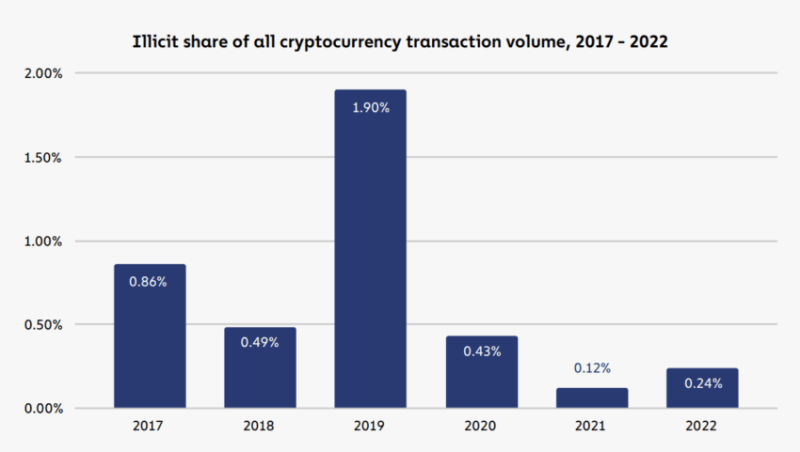
In some cases, the scammers claim to be Calgary police officers and try to convince individuals that they owe substantial legal fees. Sometimes, scammers pretend to be a family member who has been arrested, demanding money for lawyer fees. Some even spoof phone numbers to appear more legitimate.
Police Warn Citizens to Be Vigilant of Imposters
In other cases, the scammers pose as officers offering help in recovering lost funds through a costly third-party “cyber agency.” The scammers consistently requested funds in Bitcoin.
Learn more about how to stay safe in Web3: How To Identify a Scam Crypto Project
In response, Calgary police have told citizens to always ask for a police badge, photo identification card, or badge number. If people are still in doubt, the police recommend calling Canada’s non-emergency number for further verification.
In a statement, Calgary officials warn:
“Scammers often use high-pressure and fear-based tactics in order to receive payment quickly. Do not feel pressured to provide money to strangers and take the time to talk to trusted friends and family to verify the legitimacy of the situation.”
The official statement describes this phenomenon as having happened over recent weeks. But in reality, scammers have tried this before.
In 2020, Canadian police investigated two fraudsters impersonating officials. Scammers called one victim and claimed they were from the Canada Revenue Agency (CRA). Bad actors then called another citizen claiming to be from the Royal Canadian Mounted Police.
Both victims were threatened with arrest unless they withdrew cash from a bank and deposited it into a Bitcoin ATM. The total loss in both scams exceeded $15,460.

Source: Chainalysis
Crypto Scams Have Hit One-Third Of Canadian Crypto Traders
Scammers often use Bitcoin and other cryptocurrencies as they are less traceable than a normal bank account. This lets fraudsters target multiple victims in a short space of time and then move the funds between a variety of wallets and mixers to obscure their trail.
Crypto scams are a particular worry for Canadians. A recent survey revealed that one in three Canadian crypto traders has been the victim of one.
Even so, according to the latest Crypto Crime Report by Chainalysis, illicit activity in cryptocurrency remains a small share of total volume at less than 1%.

